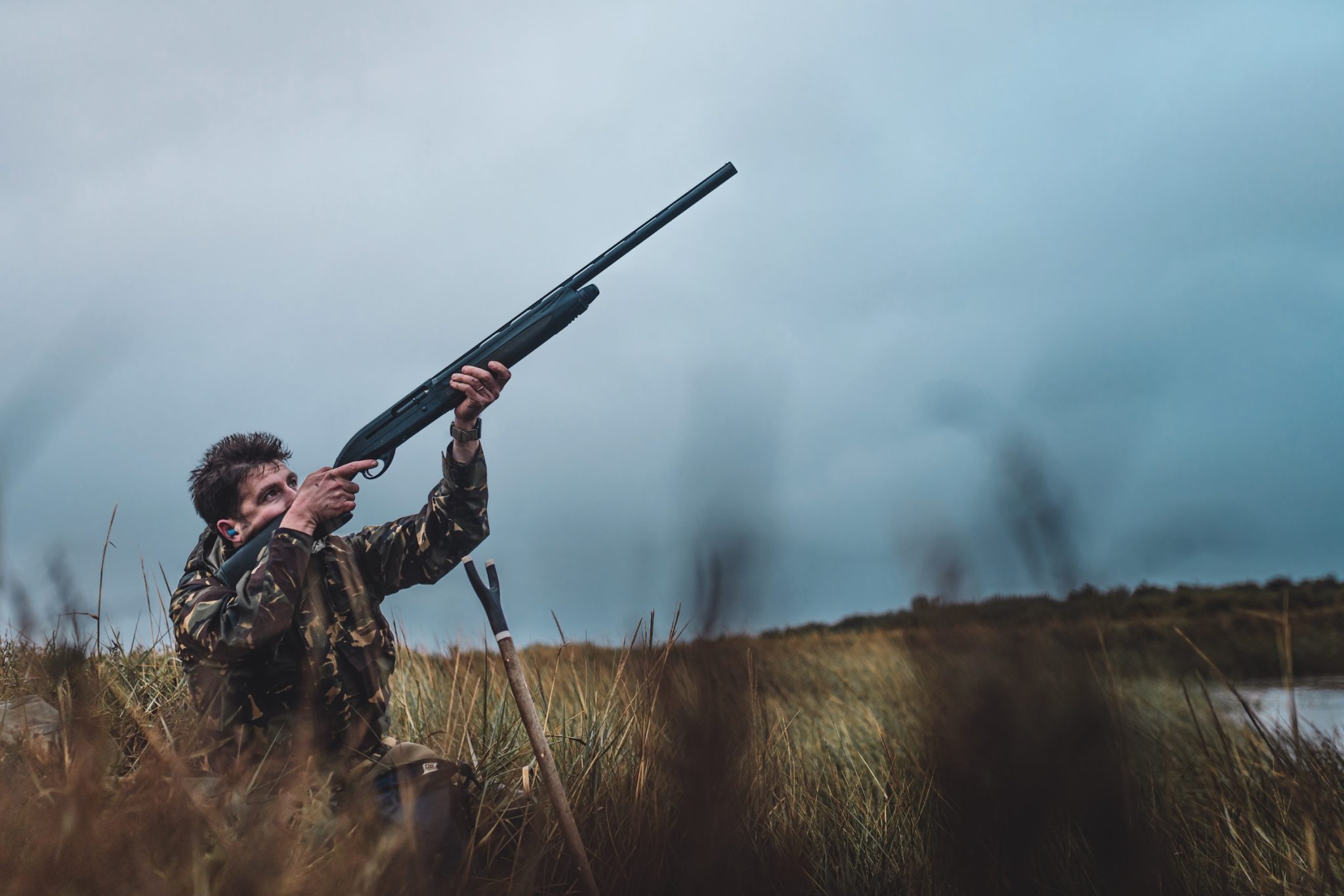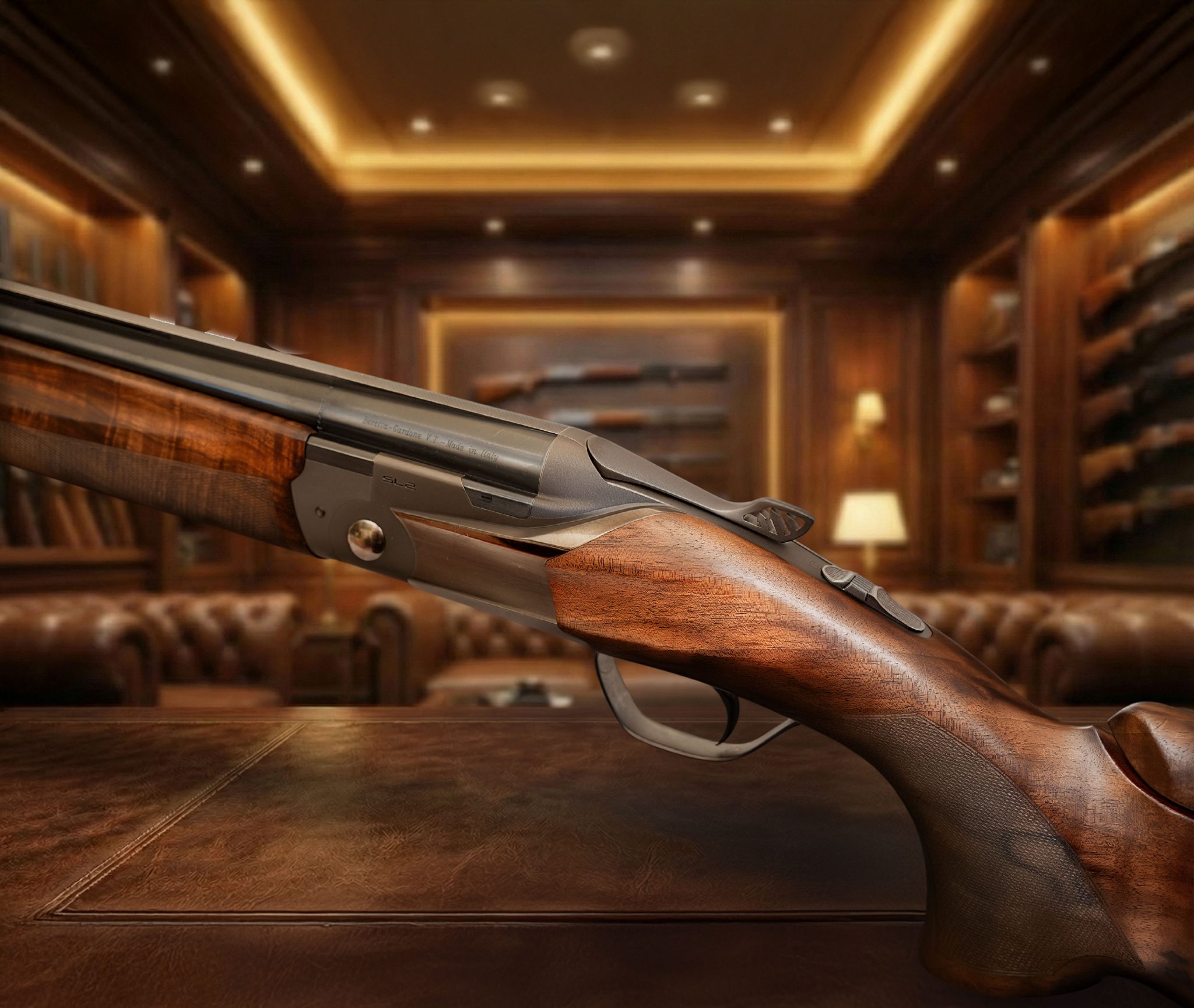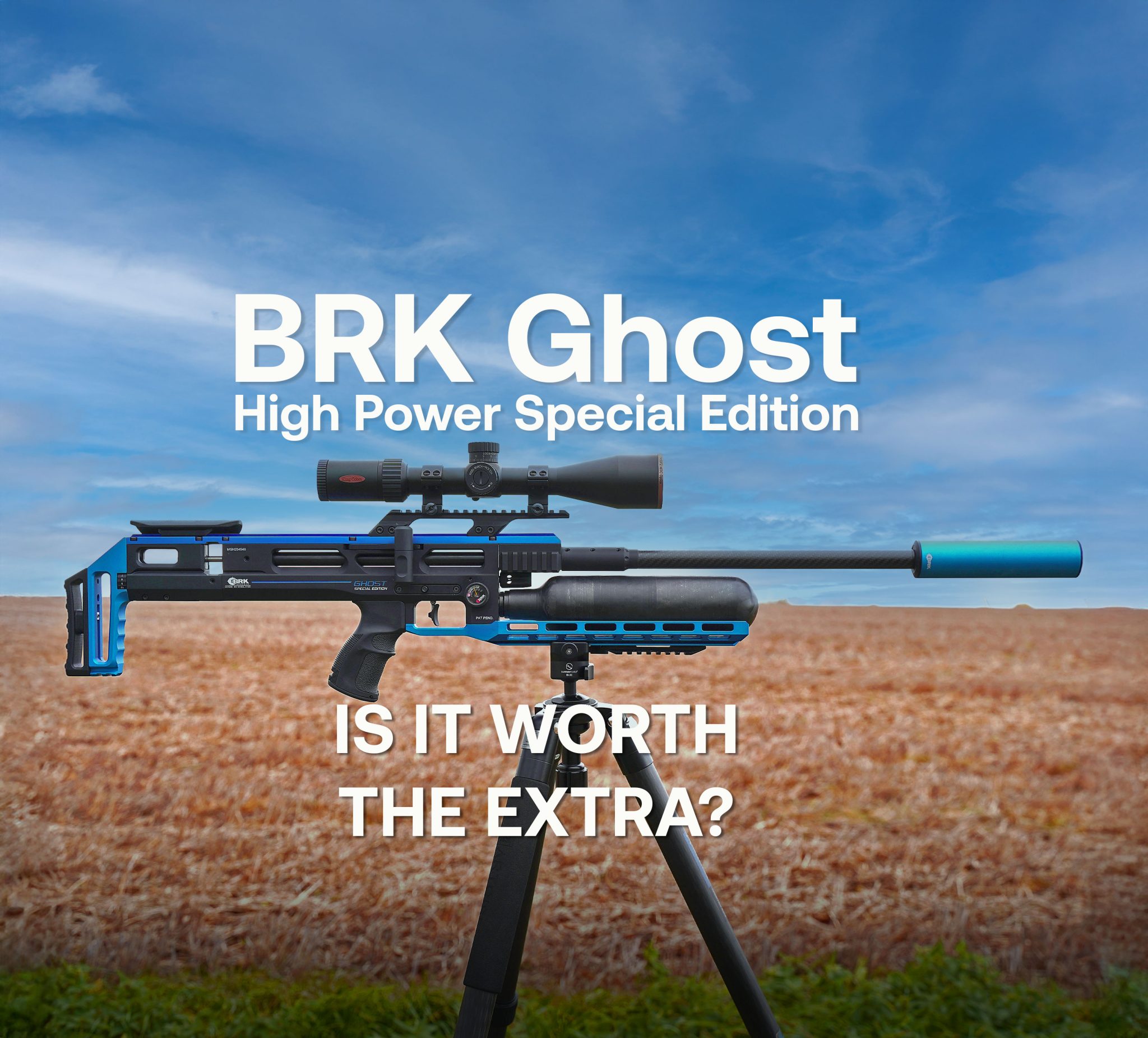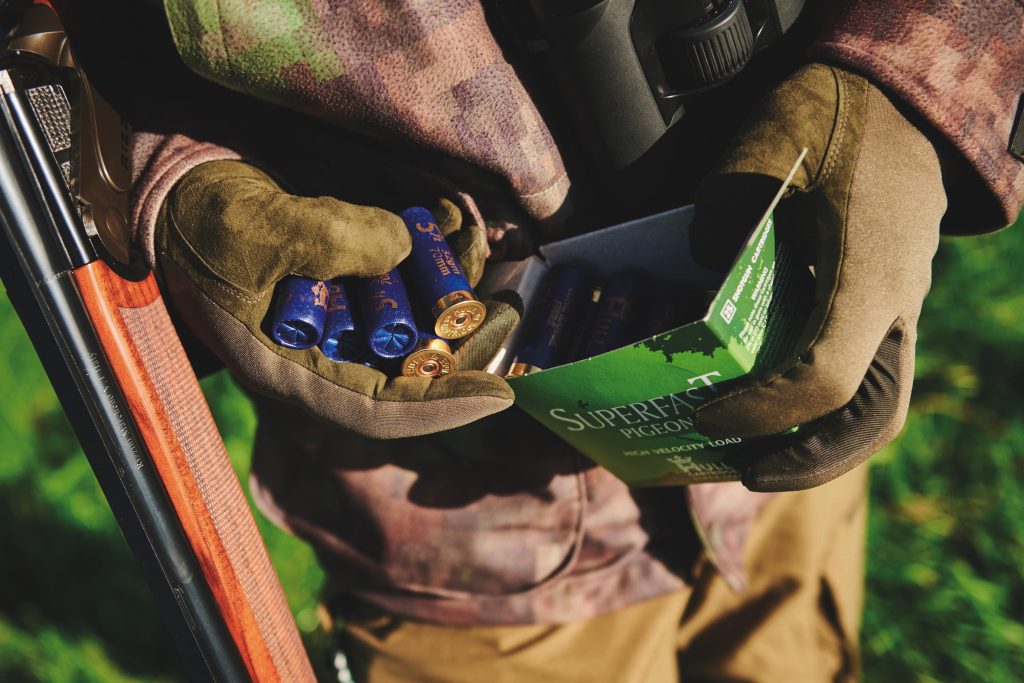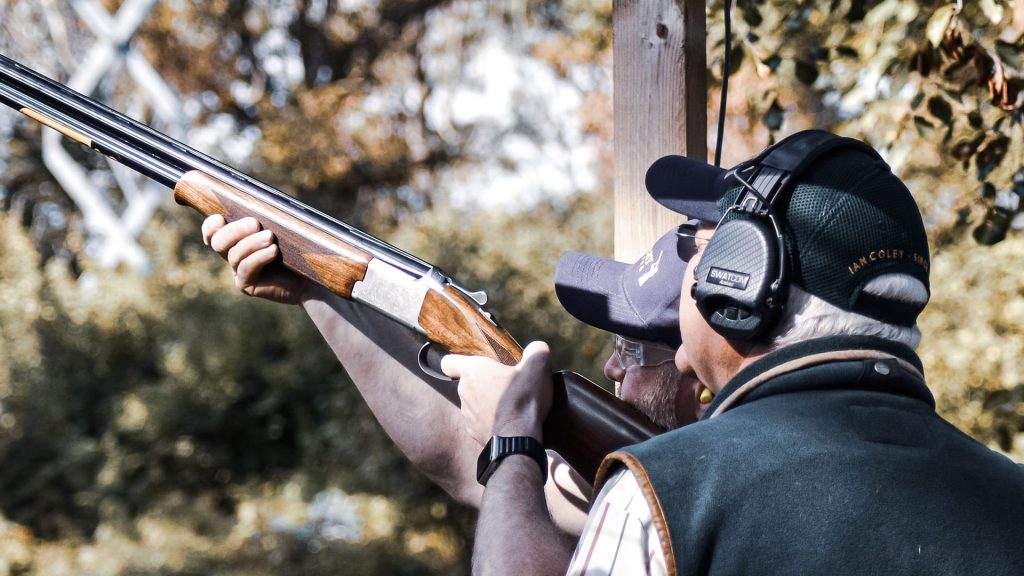The countdown is on for The British Shooting Show – book tickets online today and save on gate price!
Cartridges for the pigeon shooter – what’s best for you and your gun ?
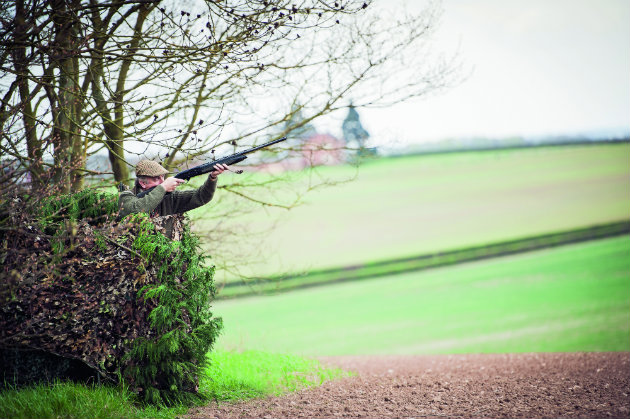
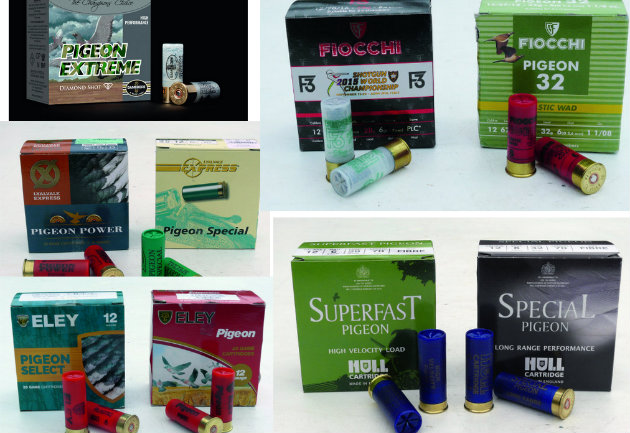
Read on for a full review of all these cartridges
Even in these early years of the 21st century, price is still a factor among pigeon shooters, though now we have readily available dedicated pigeon cartridges, and all from reputable makers. Pigeon cartridges tend to be a more economic buy compared with game cartridges, not because they are in any way inferior but due to economy of scale in production. In simple terms, produce more of the same and the unit price comes down, some of which can be passed on to the end user.
One of the great things about shotgun shooting is freedom of choice to use whatever you want for the sport in hand, though choice of gun and cartridge should always be tempered by respect
for the quarry. When it comes to pigeon shooting, legend has it that these birds are tough to deal with. Stories abound about shot pellets glancing off wing feathers or birds emerging unscathed through a hail of shot akin to a barrage of anti-aircraft fire. The woodpigeon, it seems, is no ordinary quarry. It is rather special and a remarkably accomplished aerial acrobat.
Such is the woodies’ reputation that it can raise doubts in the shooter’s mind that may actually mature into a sense of caution along the line of Robert Ruark’s advice when dealing with big game: “Use enough gun.” To many shooters, this translates as 12-bore, though not everyone would agree, but there can be little doubt that the majority of pigeon are shot with that gauge of gun.
Cheap and cheerful pigeon cartridges
As for cartridges, around 50 years ago in my neck of the woods we used whatever was cheap and cheerful and readily available. The criterion was price, and it was assumed that if the cartridge went off with a satisfying bang that was good enough — we still had much to learn.
It was rare to give a passing pigeon the honour of a salute with an Eley Grand Prix or Maximum; they were kept for grander game. Instead, we used home reloads and brands like Red Rival, Yellow Wizard and Sellier & Bellot.
Come the 1970s, cheap Baikal cartridges became available and with these, as the Americans might say, “you got more bang for your bucks”. As anyone who used them can confirm, they appeared to be loaded with confetti wadding and the heavy recoil generated did not seem to be necessarily in proportion to actual performance.
Choice of cartridge
The cartridges I chose to review are all from reputable makers — Eley Hawk, Fiocchi, Gamebore, Hull Cartridge and Lyalvale Express. This may not seem like much choice but, while there are similarities, when you take into account different loads, wads and case lengths, it adds up to quite a broad range. Prices, depending upon retailer, run from around £6.50 per box of 25 to more than £8 for some of the high performance cartridges.
Conclusion
The higher-performance cartridges are a good choice for those high flighting birds, while all of those listed will be suitable for decoying or roost shooting. I have tried most of these, both on the pattern plate when testing and in the field, and the over-riding factor when choosing a cartridge should be pattern and performance, not just price.
Different cartridges, even different loads, will not all give the same results. Some shotguns will even perform better with one barrel than the other. All the cartridges listed are good products, but whether a particular shotgun barrel will translate that into a particularly good pattern can only be found by testing.
My advice would always be to try several different loads and makes and choose the cartridge that patterns best. We have to bear in mind that, underneath its feathers, the pigeon is a small target; fast, manoeuvrable and cunning, and with a wholly deserved reputation for being a difficult and worthy quarry.
Related Articles
Get the latest news delivered direct to your door
Subscribe to Shooting Times & Country
Discover the ultimate companion for field sports enthusiasts with Shooting Times & Country Magazine, the UK’s leading weekly publication that has been at the forefront of shooting culture since 1882. Subscribers gain access to expert tips, comprehensive gear reviews, seasonal advice and a vibrant community of like-minded shooters.
Save on shop price when you subscribe with weekly issues featuring in-depth articles on gundog training, exclusive member offers and access to the digital back issue library. A Shooting Times & Country subscription is more than a magazine, don’t just read about the countryside; immerse yourself in its most authoritative and engaging publication.



